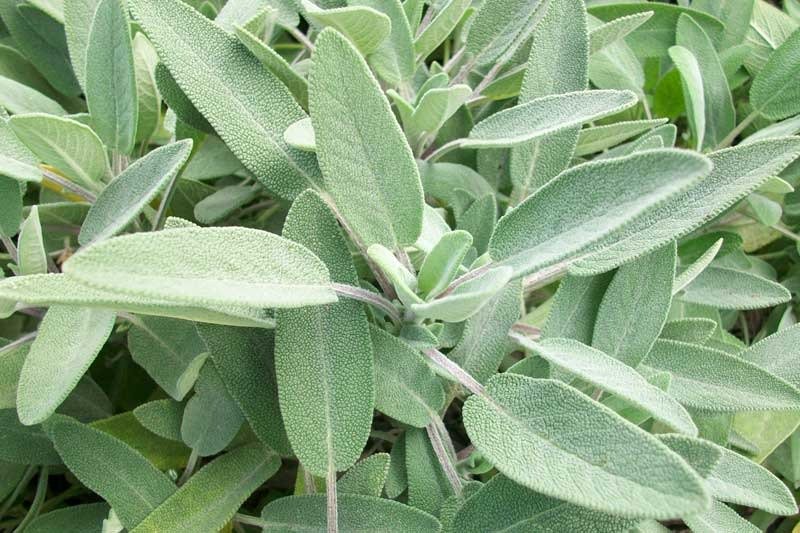20% of Medicinal Plants' Production Left Stock due to Price Fall
Until now, the amount of stock created by the non-exportation of medicinal plants due to the price drop and the lack of markets is about 4 thousand tons.
The overwhelming part of the unsold stock is occupied by the sage plant of Malësi e Madhe, namely 80% of it is cultivated and 20% wild. Black juniper, red apple and other teas remained unsold.
Filip Gjoka, the chairman of the Association of Exporters of Medicinal and Aromatic Plants, told "Monitor" that the amount of stock created by non-sale is considered high, accounting for 20% of the companies' production value. Gjoka emphasizes that this situation was created entirely by the devaluation of foreign currencies Euro and Dollar, which reduced the selling price of medicinal plants.
Over the course of a year, the dollar has depreciated by around 12%, while the European currency has depreciated by 9%. According to exporting companies, the high devaluation of the dollar has affected the drop of about 20% in sales prices, since all costs for the industry are in Lek and sales are in foreign currency.
The head of the Association, Filip Gjoka, said that in this situation it is very necessary for farmers to be oriented through a campaign in cooperation with state institutions for the plants that should be cultivated, that is, for those that can be found on the market, such as the case of the sage that most of it is left stock. According to him, the non-sale of cultivated plants has started to demotivate farmers.
Sakaq Gjoka added that to solve this situation, the Association of Exporters of Medicinal and Aromatic Plants has started to undertake a series of meetings with Albanian institutions, including meetings with representatives of foreign embassies (meetings with foreign embassies start on Thursday) with aimed at promoting and encouraging the sale of Albanian products.
"The amount of stock created by non-sale is high, accounting for about 20% of the production value of exporting companies. I think this has come entirely from the drop in sales in foreign markets influenced by the high devaluation of the dollar and demand after the Covid-19 pandemic. We will start a series of meetings with state institutions as well as foreign embassies in order to test Albanian products, as one of the measures to reduce the created stock. It is a challenge for this sector to find all the mechanisms for "venting" the created high stock", asserted Mr. Chest.
The decrease in prices was also influenced by the strong drop in demand for medicinal plants in the European and US markets. By the end of December 2023, operators reported that demand in foreign markets fell by 50% compared to 2022, entirely affected by their glut during the Covid-19 pandemic. While the prices for plants such as sage, black juniper and various teas have marked a high drop.
"During the Covid-19 pandemic, many companies trading medicinal plants, but also various food items due to fear of restrictive measures, were supplied with large quantities of products. The high storage created unsold stock in the American markets, in European countries, but also in Turkey, despite the fact that this is a major exporting country", the administrator of "Albanian Herb" claimed earlier for Monitor Kujtim Zere.
He added that the issue of stocks affecting the drop in demand will last 2 years. Stabilization of the markets will start from September 2024.
The main export destination for the "Oil seeds, industrial or medicinal plants, animal feed" group continues to be Germany, the USA and Italy.
In total, for 2023, about 11,000 tons of products from the "Oil seeds, industrial or medicinal plants, animal feed" group were exported. Exports of the January-November period fell 21% compared to the same period of 2022 according to INSTAT data.
Lack of investment also continues to keep the processing of medicinal plants at low levels. Of the operators with gathering, processing and exporting potential, only 25% of them manage to produce a processed final product, while 75% of them were sold as raw material without being processed, losing most of the value that could be left in the domestic economy.
(Source: Monitor)













